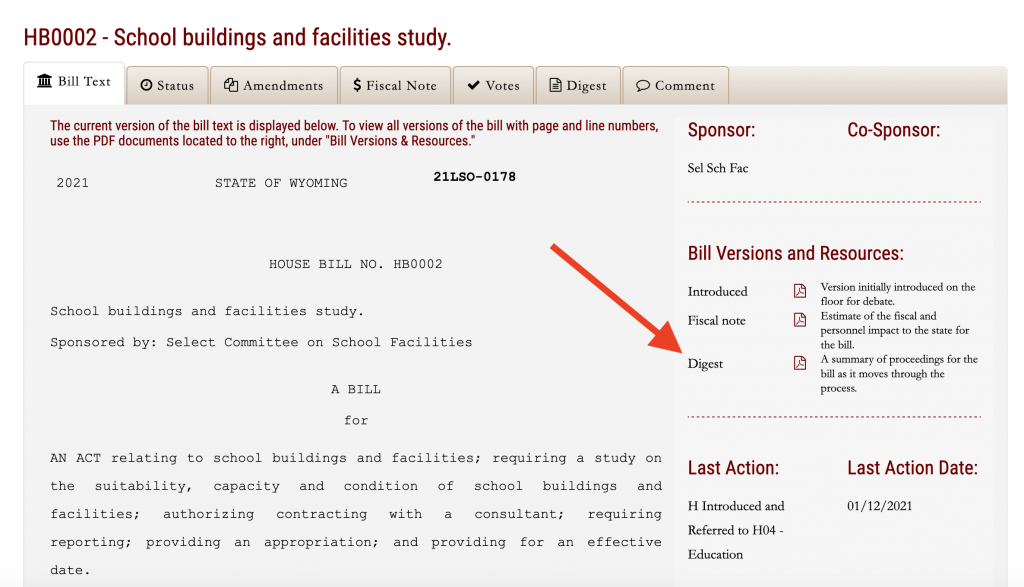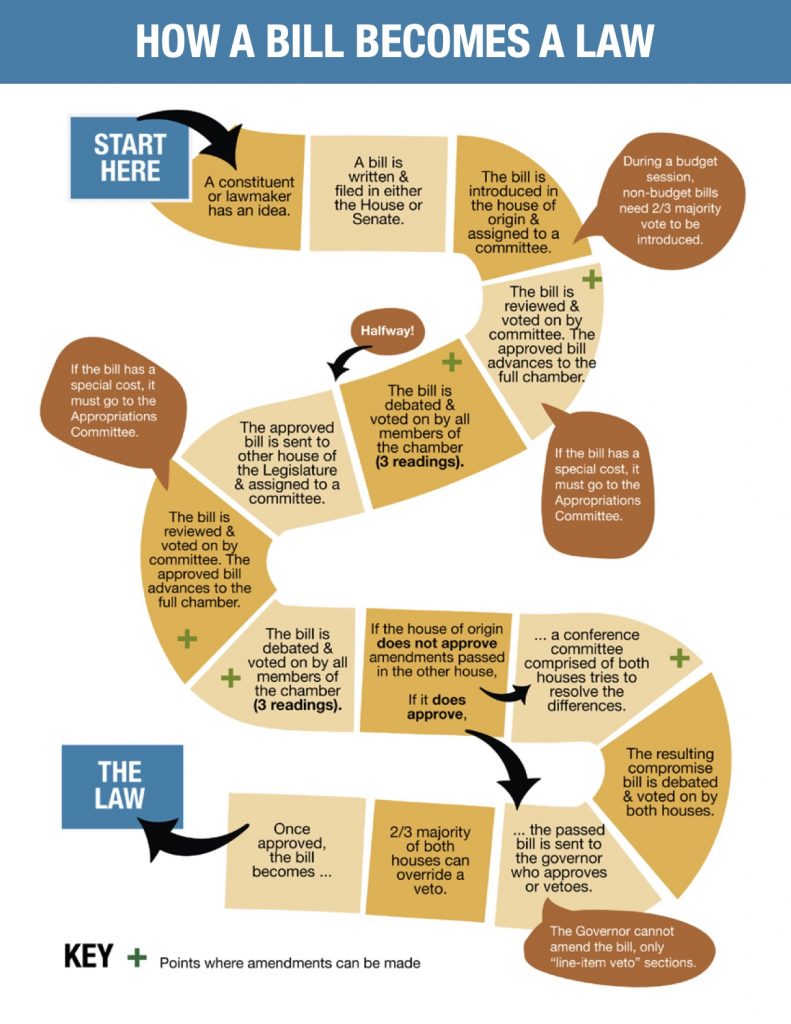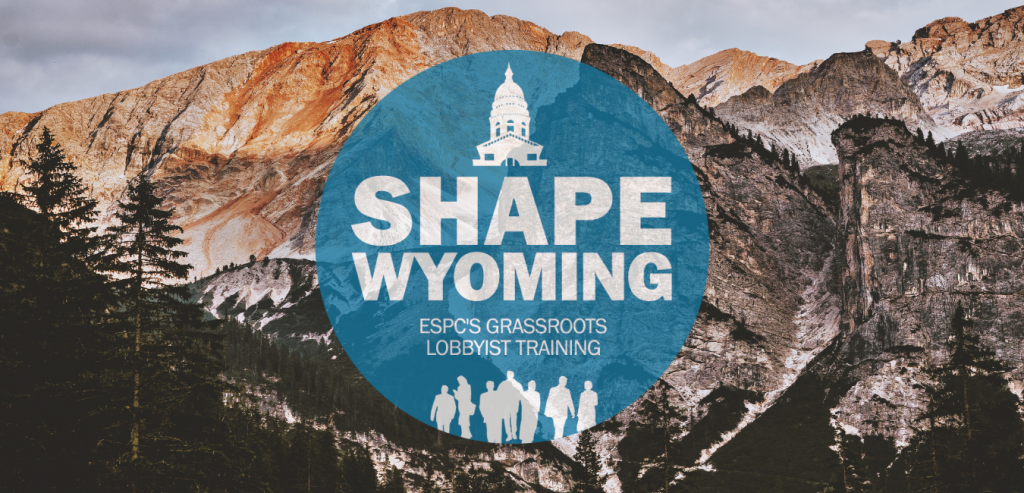January 25, 2021
SHAPE Wyoming kicked off tonight with Marcia Shanor of the Wyoming Trial Lawyers Association demystifying state government. You can check out her presentation right here:
The 70+ participants had lots of questions for Marcia. Most of them were answered during the training. Here are answers to a few from the chat:
Redistricting
How often does redistricting happen? Every 10 years! Redistricting happens across the nation in response to updated census numbers. In Wyoming, our population is small enough that we don’t have to redistrict our Congressional District. But we do redistrict the House and Senate for our state legislature.
One thing that will need to be understood are the requirements around community, majority/minority, rural v town, etc. The Management Council assigned redistricting to the Corporations Committee (listen to last week’s discussion here). The exact format and process has not yet been determined. We’ll keep you posted!
Will someone sponsor any “classes” on districting? ESPC is hosting Election Integrity in Wyoming on Thursday, February 18th @ 5pm (register right here!). We’re focused on security and accessibility of voting, so we’ll touch on redistricting.
How many people in a House District? Approximately 8,500
How many people in a Senate District? Approximately 17,000
Bill Drafts
Can the public see these draft bills? And who writes them? Is there a way to see who authored amendments? Bill drafts usually aren’t public. But once a committee or a legislator files a bill, that’s public. Bills are numbered and then posted on wyoleg.gov. Legislators create the idea for a bill—to solve a specific problem they believe Wyomingites are facing—and they work with the Legislative Services Office (LSO) who put together the bill. The digest on a bill describes all the amendments and everything that has happened to that bill.

What are readings? Bills need to go through three readings in order to become law. You can see how this process works in this great graphic from the Wyoming Outdoor Council.

Committees & Subcommittees
What are subcommittees? Are they public meetings? If not public meetings, why? In Wyoming, there are 12 permanent parallel committees in the Wyoming Senate and House of Representatives. These committees are called “standing” committees. Standing committees meet during legislative sessions to review bills, hear testimony and recommend action on legislation for the consideration of the full body of the Senate or House.
In the interim—the period between sessions—the standing committees in each body, with the exception of the Journal and Rules committees, merge to form joint interim committees. Joint interim committees study topics assigned by Management Council. These committees often meet throughout the state.
Even though your local elected officials are subject to open meeting laws, the Wyoming Legislature exempted itself from these statutes. As a result, their emails aren’t a matter of public record and they don’t have to keep their meetings open to the public. This is a big concern for transparency advocates like ESPC.
Are there certain committees required to review all bills, depending on whether there is a fiscal impact or not? For example, does everything go through Judiciary for legal review against the Constitution? Or if there is fiscal impact, does it have to go through a budget review? At the Federal level, bills are sent to specific committees for this kind of review. At the State level, that’s not necessarily the case. Usually a bill that deals with legal issues will go to Judiciary and one that deals with elections will go to Corporations, Political Subdivisions and Elections (“Corps” for short). The budget always goes to Appropriations. But it isn’t always the case. The one thing that is the case: bills that require an appropriation—that have a cost associated with them–always start in the House.
Keep the Conversation Going!
We’re looking for ways to make sure that everyone can continue to connect. Here are just a few:
- Follow us on twitter and strike up the conversation
- Follow us on facebook and organize a facebook group around your favorite topic
- Jump into the comments section of this blog—or hit us up to write a guest post!
- Become a power advocate and help organize other people to join you
- What else works for you? Let us know!

